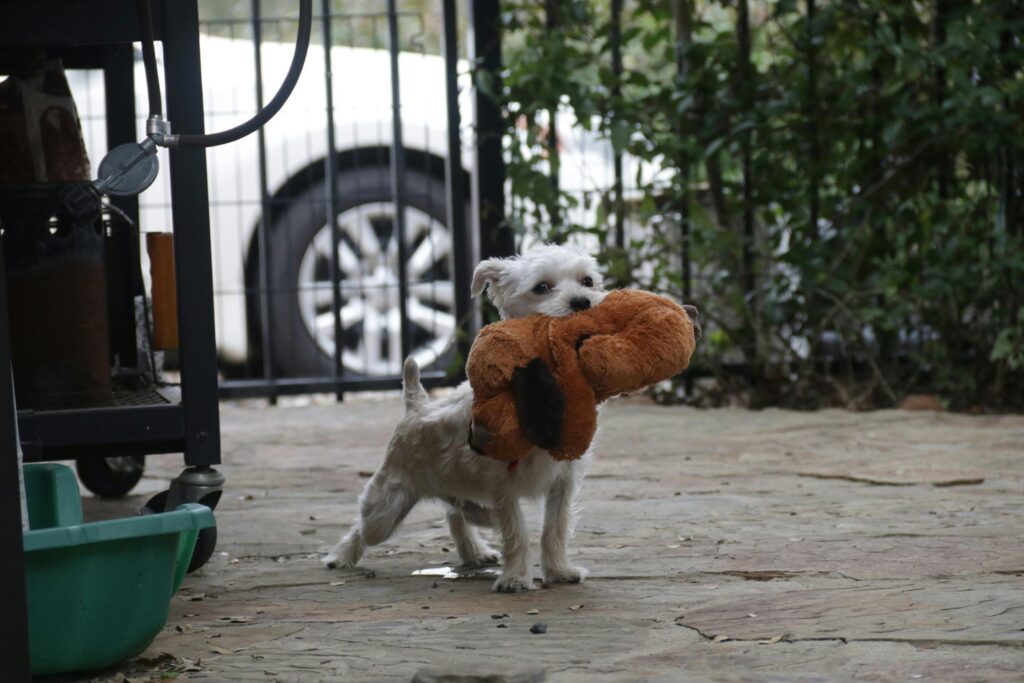
Puppy biting is a common behavior that many new dog owners face. While it’s a natural part of their development, it’s important to address and manage it early to encourage healthy habits. At PetsDogPuppy, we understand how crucial it is to provide guidance during this playful yet challenging stage. Here’s a comprehensive guide on how to prevent puppy biting and foster better playtime manners.
Why Do Puppies Bite During Playtime?
Puppies bite for several reasons, including teething, exploring their environment, and practicing social skills. It’s how they interact with their littermates and learn boundaries. However, when they bite humans during play, it can become painful and problematic. Teaching your puppy to play without biting is essential for a happy and safe relationship.
Tips to Prevent Puppy Biting
1. Redirect Their Energy
When your puppy starts biting during play, redirect their focus to an appropriate chew toy. Toys specifically designed for teething puppies can help soothe their gums and keep their mouths busy. This simple redirection can help prevent puppy biting from becoming a habit.
2. Use Positive Reinforcement
Reward your puppy when they play gently. Offer treats, praise, or extra playtime to reinforce good behavior. Consistently rewarding calm and non-biting play helps them understand what is expected and encourages them to repeat the behavior.
3. Teach Bite Inhibition
Bite inhibition is the process of teaching your puppy to control the force of their bite. If your puppy bites too hard during play, let out a high-pitched “ouch” to mimic how their littermates would react. This signals that they’ve hurt you and helps prevent puppy biting by teaching them boundaries.
4. Provide Plenty of Exercise
An overly energetic puppy is more likely to bite during play. Make sure your puppy gets enough physical and mental stimulation through walks, play sessions, and interactive toys. A tired puppy is a well-behaved puppy!
5. Avoid Rough Play
Roughhousing or encouraging your puppy to chase and grab hands can reinforce biting as acceptable play behavior. Instead, use toys like tug ropes or fetch balls to engage your puppy without making your hands a target.
Consistency is Key
Preventing puppy biting requires patience and consistency. Everyone in your household should follow the same training methods to avoid confusing your puppy. Stick to a routine, and you’ll see progress over time.
When to Seek Professional Help
If your puppy’s biting behavior persists or becomes aggressive, consider consulting a professional trainer or veterinarian. They can help identify any underlying issues and provide tailored strategies to prevent puppy biting.
Final Thoughts
Playtime is an essential part of bonding with your puppy, but managing biting behavior is equally important. By redirecting energy, teaching bite inhibition, and staying consistent, you can enjoy playtime without the stress of nips and bites. At PetsDogPuppy, we’re here to support you with expert advice and tips for every stage of your puppy’s journey.
Start applying these techniques today to prevent puppy biting and nurture a happy, well-behaved companion!
